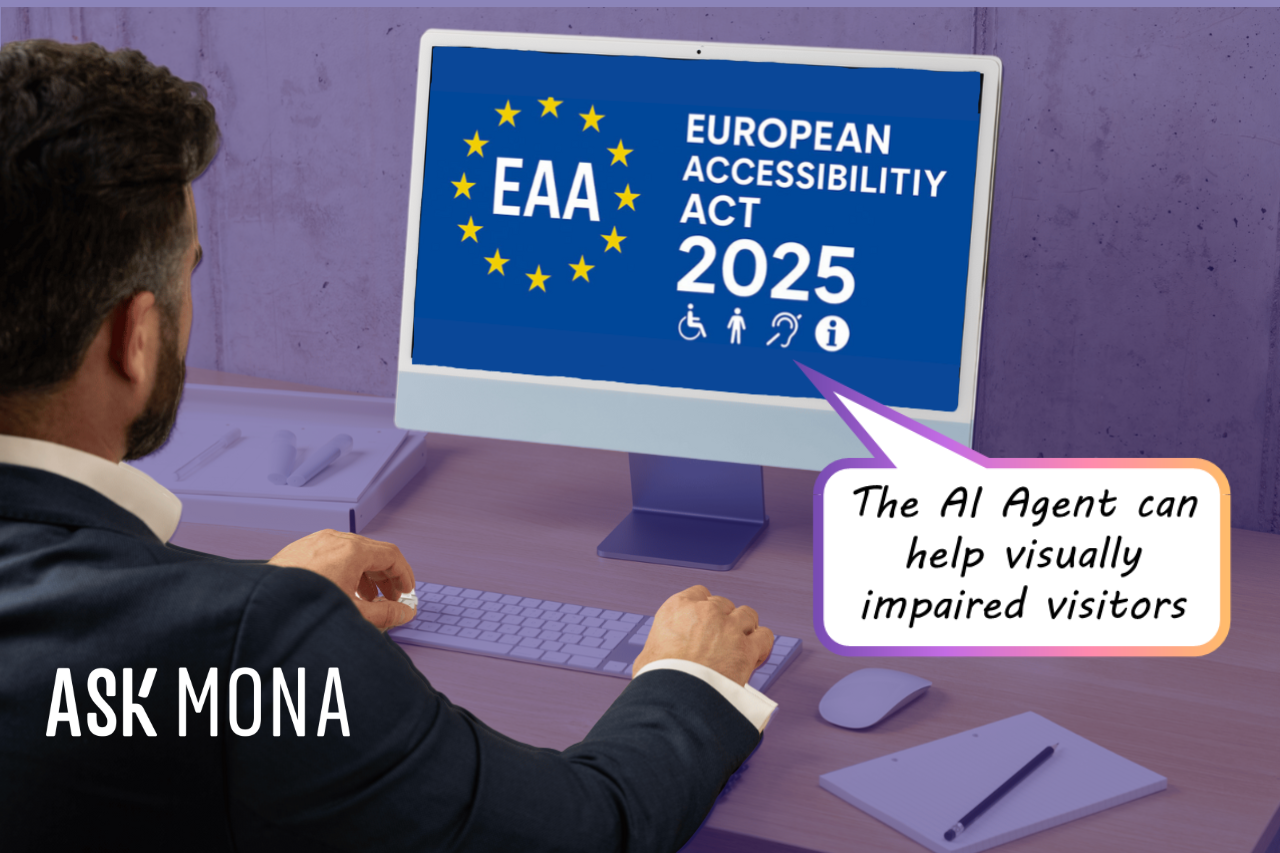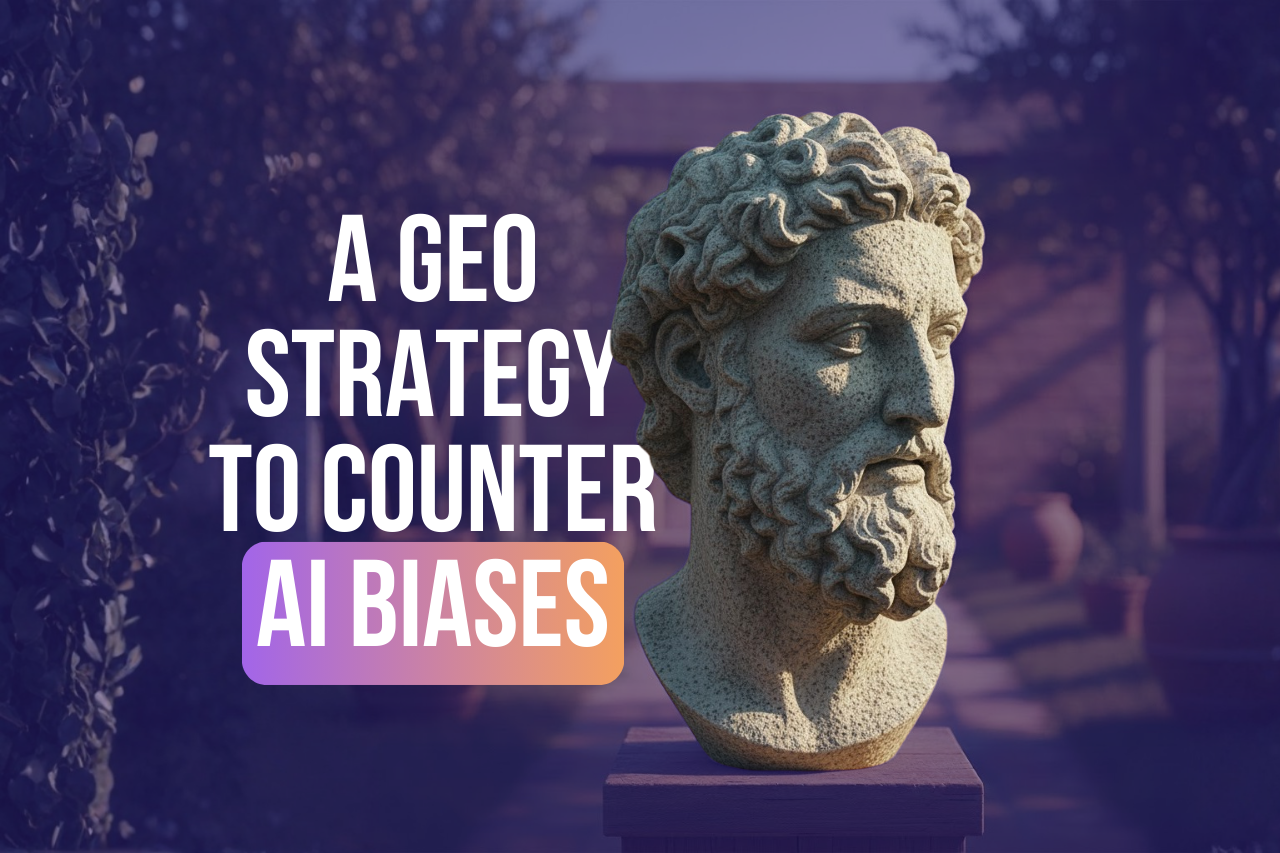Can an AI Agent help with the EU Accessibility Directive?

If you run an e-commerce website in Europe, accessibility is no longer just a “nice to have”, it’s a legal and ethical responsibility. Starting June 28, 2025, the European Accessibility Act (EAA) applies to businesses with €2M+ turnover and at least 10 employees, requiring that websites and several digital products be fully accessible to people with disabilities.
What does compliance mean?
The EAA points to the EN 301 549 Standard, which builds on the WCAG 2.1 Level AA guidelines. These principles are the global benchmark for accessible digital content. At their core, they mean your website must be:
- Perceivable : Content can be accessed by alternative senses (for example, readable by screen readers).
- Operable : Navigation works with a keyboard or assistive technology.
- Understandable : Information is clear, consistent, and supported by helpful error messages.
- Robust : Compatible with today’s and tomorrow’s assistive technologies.
Where Generative AI Can Help
Compliance can feel complex, but AI Agents offer a new way to close accessibility gaps. For example, solutions like Ask Mona provide a conversational AI agent that supports both text and voice interactions.
The set-up work is lightweight: the brand must provide verified content for AI indexing (PDF, HTML…) and add the Gen AI button in the product page. Accessibility of your website can then be checked using this link. This makes websites more inclusive for visually impaired visitors, and more user-friendly for everyone.
Built-in reporting helps track user activity, surface topics where visitors struggle, and continuously improve the experience.
The directive is also applicable to several categories of consumer electronics : TVs, smartphones, computers, gaming consoles, etc. Ask Mona can provide the required assistive technology by providing a QR code printed on the product, packaging or user guide to enable voice interactions.
Moving Forward
Accessibility isn’t just about compliance, it’s about inclusion, trust, and opening your brand to potential customers who deserve equal access. Adding an AI Agent is not a silver bullet, but it is a practical and inspiring step toward a more accessible digital world.





